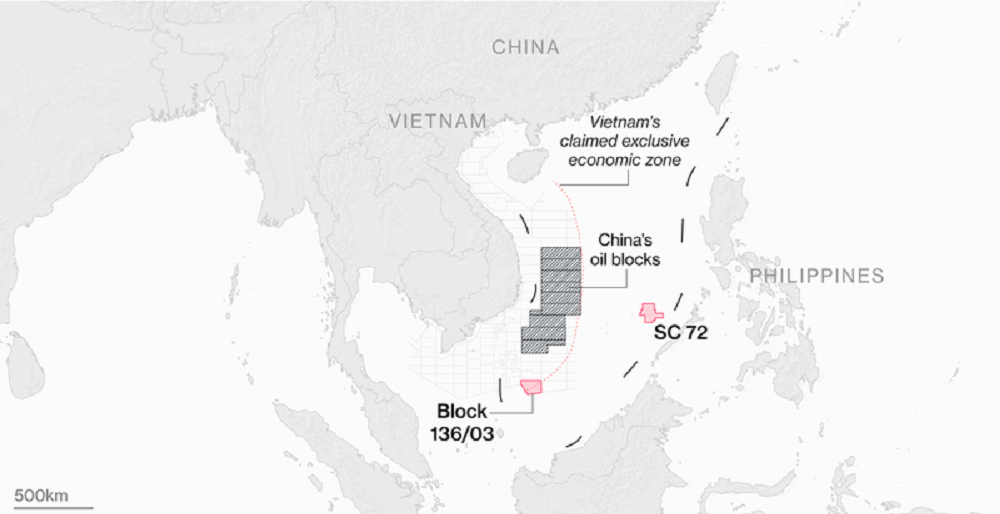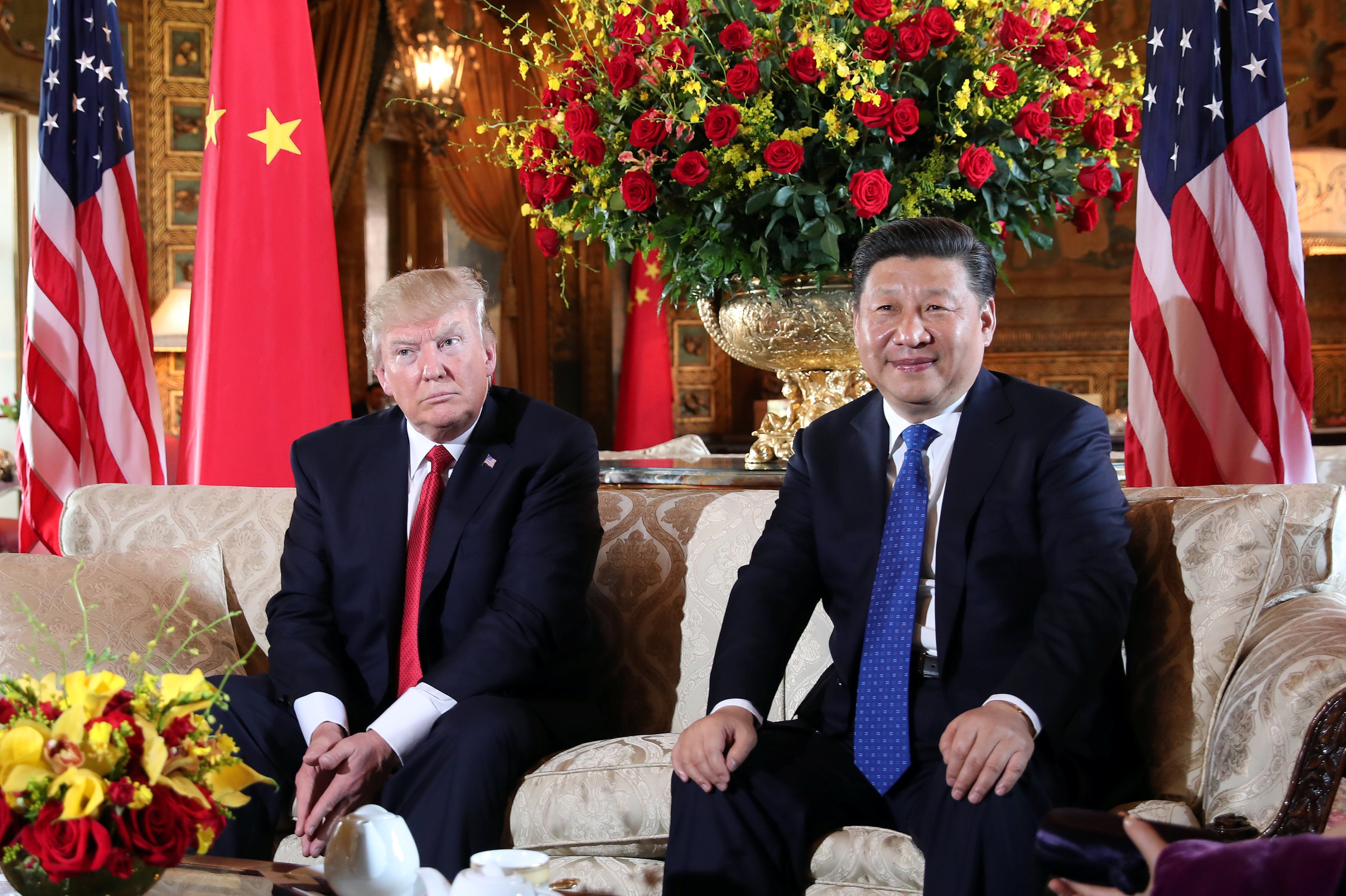US passes “toughest” defense bill in history against China
New US bill bans China from participating in Rim of the Pacific naval exercises until it stops militarizing the South China Sea.
 |
| Chinese Navy Sailors |
US CongressThe House of Representatives has passed a defense policy bill that some lawmakers say is the toughest in history on China, amid a bipartisan push to confront Beijing.
The US National Defense Authorization Act (NDAA), which is enacted annually, stipulates total US defense spending in the next fiscal year at $716 billion, according toWall Street Journal.
A new era of confrontation between superpowers
This year's bill aims to counter a range of Chinese policies, from increased military activity in the South China Sea to its pursuit of advanced US technology.
Satellite images taken on March 26, 2018 show Chinese ships conducting exercises near Hainan Island.
The US House of Representatives approved the bill last week and President Donald Trump is expected to sign it into law after the Senate approved the bill on August 1 with a vote of 87-10.
 |
| Satellite images taken on March 26, 2018 show Chinese ships conducting exercises near Hainan Island. |
This year's NDAA reflects a bipartisan consensus in Congress and among US security officials that the world is entering a new era of great power rivalry, in which the US must do more to compete with China and Russia.
“The central challenge to America’s prosperity and security is the reemergence of long-term strategic competition,” according to a summary of the 2018 US National Defense Strategy. “China is leveraging its military modernization, influence operations, and predatory economics to coerce its neighbors to reorder the Indo-Pacific region in its favor,” the document says.
The oil blocks China claims sovereignty over are located within Vietnam's maritime exclusive economic zone.
Ban on military exercises until militarization of the East Sea stops
The bill includes provisions to strengthen U.S. defense ties with India and Taiwan, a self-ruled island claimed by China as its territory. It also bans China from participating in the Rim of the Pacific naval exercises until Beijing stops militarizing reefs in the South China Sea.
“This is a signal to allies and partners in the region – particularly Australia, Japan and Taiwan – that China’s activities in the South China Sea cannot be considered normal,” said Rachael Burton, deputy director of the Project 2049 Institute in Virginia.
 |
| The oil blocks China claims sovereignty over are located within Vietnam's maritime exclusive economic zone. |
Some of the bill’s most notable provisions relate to China’s economic activity. The bill calls for tighter national security reviews of transactions involving China through the Committee on Foreign Investment in the United States and improved capital export controls, which govern which American technologies can be exported.
“Three years ago, if you talked about countering China, the business community would have resisted,” said James Lewis, senior vice president at the Center for Strategic and International Studies (CSIS) in Washington, DC. “Now they are not resisting.”
The defense bill also requires an annual report on China to include information on the Chinese government's efforts to influence "the media, cultural institutions, businesses, academic and policy communities" in the United States.
 |
| Chinese President Xi Jinping with US President Donald Trump |
Another provision limits Pentagon funding for Chinese language programs at American universities that host Confucius Institutes. These centers, funded by the Chinese government, have been criticized by Republicans for their propaganda activities.
Passing the law "will seriously damage mutual trust between China and the US," a spokesman for the Chinese Embassy in Washington said.
"We urge the US to abandon the outdated Cold War mindset of zero winners and zero losers."

